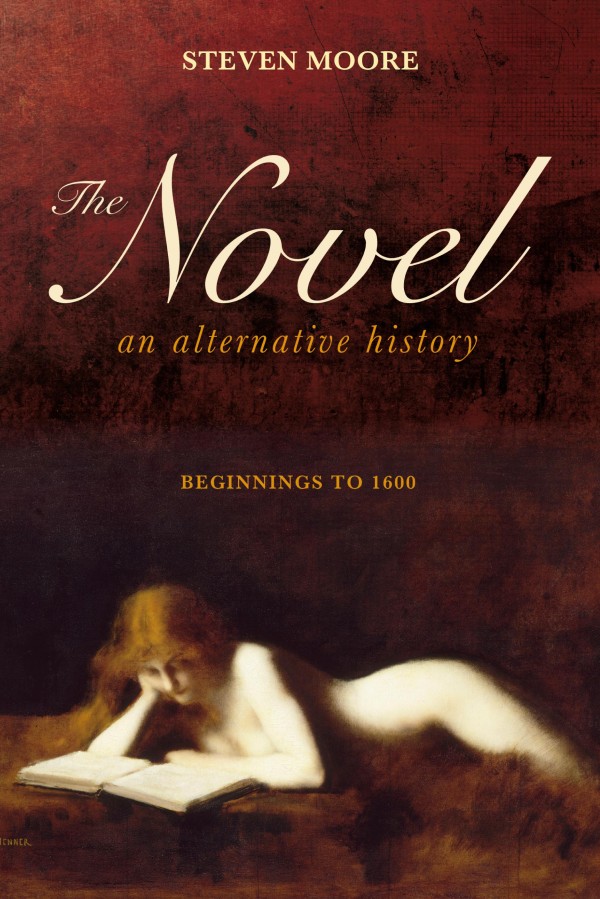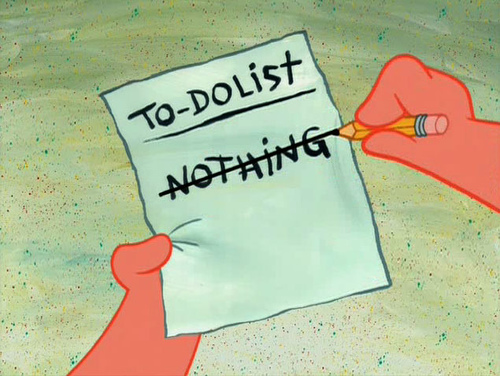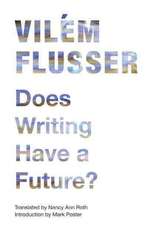At six-thirty or seven I’d get up, scramble Marilyn some eggs–she was eighteen, I was nineteen; we’d been married that August–make toast and coffee. She’d go out to work, and I’d start writing. I’d work all day, with a couple breaks for extracurricular sex in the local men’s rooms and a stop at the supermarket for dinner makings. Right before five, I’d start cooking again. In general, I believe I work a lot harder today than I did then. Today I’m a five-o’clock-in-the-morning riser. Although I do stare at the wall a lot.
Power Quote: Trinh T. Minh-Ha

To use language well, says the voice of literacy, cherish its classic form. Do not choose the offbeat at the cost of clarity. Obscurity is an imposition on the reader. True, but beware when you cross railroad tracks for one train may hide another train. Clarity is a means of subjection, a quality both of official, taught language and of correct writing, two old mates of power: together they flow, together they flower, vertically, to impose an order. Let us not forget that writers who advocate the instrumentality of language are often those who cannot or choose not to see the suchness of things—a language as language—and therefore, continue to preach conformity to the norms of well-behaved writing: principles of composition, style, genre, correction, and improvement. To write “clearly,” one must incessantly prune, eliminate, forbid, purge, purify; in other words, practice what may be called an “ablution of language” (Roland Barthes). (pg. 16-17)
Trinh T. Minh-Ha – Woman, Native, Other: Writing Postcoloniality and Feminism (Indiana University Press, 2009)
“My writing isn’t a career or a craft or a hobby or anything like that. It is more like a tiny annex to my life, a little crawl space in which I occasionally end up by accident in the dark.” — Gary Lutz, interviewed by David Winters @ 3:AM Magazine. Also: Lutz is reading tonight at the Soda Series.
In the Middle of the Event
To my mind, it lies in that blank residuum that I’m pursuing; and that must be beyond possibilities, because in the space of possibilities, Pierre Menard is doing nothing. He is doing totally zero, because in the space of possibilities the work exists, it’s Don Quixote, and he’s just copying it. If you believe in the metaphysics of possibility and probability, where everything is framed in identified states of the world, and so on, then Pierre Menard is doing nothing, totally nothing. Yet by reading Borges, you are really led to believe it possible that Pierre Menard has done something original; and the key thing to me is that what Pierre Menard has done is to write two chapters. He didn’t read them, he did’t just think of them. So, he really needed the material medium, the writing itself, in order to produce something that, when you read it, you say, well, although it’s the same — it has the same identity as Cervantes’ novel — it is materially a new work. And although my main object is the markets and finance, although that’s important and I identify the medium of contingency as the market in my specific case, in the end its generalization is also writing.
I also happen to be a writer, so I also speak for myself: writing, to me, is something that is beyond probability and ‘states of the world’. It’s something where the writer can really throw himself into a process of writing, blindly so to speak — and one of my favourite expressions is that he is then traversed by contingency, so he almost surprises himself with what he is writing. To me, that’s writing: even though you may have thought about it, and you had planned it, there are thoughts that you can only have through writing. I’m sure everyone has found that: there is no use really in planning in advance what you are going to write. Even if you do that, chances are that you’ll end up writing something completely different. I think that the true spark of writing comes when you find yourself surprised by what you have written; and I would even claim that there are thoughts that you can only have through the material process of writing.
So, writing to me is an attempt to get to that extraordinary or residual thing that surpasses probability and the states of the usual metaphysical conception; and which would allow us to twist chronology in such a way that, even though the event happens and it is only after the event that we can think it, somehow we establish communication with it outside time. Remember, I need to twist time itself in order to be able to predict the event ‘beforehand’, even though it has happened.
–Elie Ayache, “In the Middle of the Event” in The Medium of Contingency
linen lines, or, a meaningless line of letters
Etymologically, the word text means a textile and the word line a linen thread. But texts are unfinished textiles: they consist of lines (the woof) and are not held in place by vertical threads (the warp) as a finished textile would be. Literature (the universe of texts) is half finished. It seeks completion. Literature is directed toward a receiver, from whom it demands completion. The writer weaves threads that are to be picked up the receiver to be woven in. Only then does the text achieve a meaning. A text has as many meanings as it has readers.
The well-known phrase habent [sua] fata libelli (books have destinies) gives only a rough idea of what is meant here. It is not that the writer transmits powers to his texts so that the text can put those powers into play according to its particular dynamics; it is that the text goes out to be completed. So the text does not have a destiny; it is a destiny. In other words, the text is meaningful, and this fullness can only be exploited (explained) by each of its readers in a particular way. The greater the number of ways a text can be read, the more meaningful it is. Aristotelian texts are meaningful because they have meant something to Alexandrian readers different from what they meant to Thomas Aquinas, Hegel, Galileo, or twentieth-century historians. A text meets its fate (the message that it is) in its receiver. Texts without receivers, unread texts, are meaningless lines of letters that take on meaning only when they are read.
Power Quote: Steven Moore

Do you want to know a secret? Literature is not for everyone. People grant that about other arts — serial music isn’t for everyone, nor is Balinese shadow dancing — but when it comes to fiction, there’s a democratic assumption that anyone with a basic education should be able to read and enjoy any novel…Why this bleeding-heart concern for “the mass of readers,” “the common reader?” (page 24)
Power Quote: Hélène Cixous

This is how I would define a feminine textual body: as a female libidinal economy, a regime, energies, a system of spending not necessarily carved out by culture. A feminine textual body is recognized by the fact that it is always endless, without ending: there’s no closure, it doesn’t stop, and it’s this that very often makes the feminine text difficult to read. For we’ve learned to read books that basically pose the word “end.” But this one doesn’t finish, a feminine text goes on and on and at a certain moment the volume comes to an end but the writing continues and for the reader this means being thrust into the voice. These are texts that work on the beginning but not on the origin. The origin is a masculine myth: I always want to know where I come from. The question “Where do children come from?” is basically a masculine, much more than feminine, question. The quest for origins, illustrated by Oedipus, doesn’t haunt a feminine unconscious. Rather it’s the beginning, or beginnings, the manner of beginning, not promptly with the phallus in order to close with the phallus, but starting on all sides at once, that makes a feminine writing. A feminine text starts on all sides at once starts twenty times, thirty times, over.
–from “Castration or Decapitation?” trans. by Annette Kiihn, included in French Feminism Reader (pg. 287)
More on kinesthesia and writing
Knowing a woman’s mind & spirit had been allowed me, with dance I discovered my body more intimately than I had imagined possible. With the acceptance of the ethnicity of my thighs & backside, came a clearer understanding of my voice as a woman & as a poet. The freedom to move in space, to demand of my own sweat a perfection that could continually be approached, though never known, waz poem to me, my body & mind ellipsing, probably for the first time in my life.
— Ntozake Shange
THE FREEDOM TO MOVE IN SPACE IS POEM.
Western speech is like badgers & birds: free.
The west has fiscalised its basic power relationships through a web of contracts, loans, shareholdings, bank holdings and so on. In such an environment it is easy for speech to be “free” because a change in political will rarely leads to any change in these basic instruments. Western speech, as something that rarely has any effect on power, is, like badgers and birds, free. In states like China, there is pervasive censorship, because speech still has power and power is scared of it. We should always look at censorship as an economic signal that reveals the potential power of speech in that jurisdiction. The attacks against us by the US point to a great hope, speech powerful enough to break the fiscal blockade. — Julian Assange


